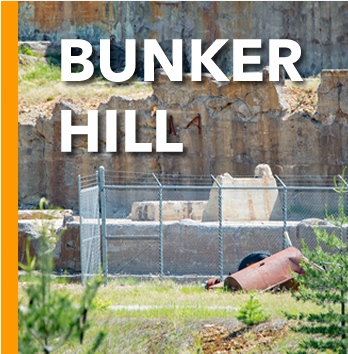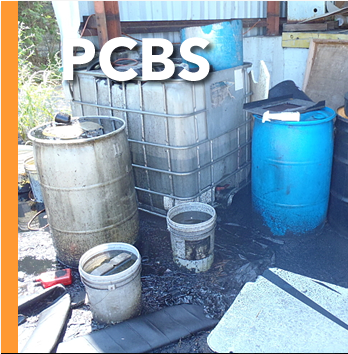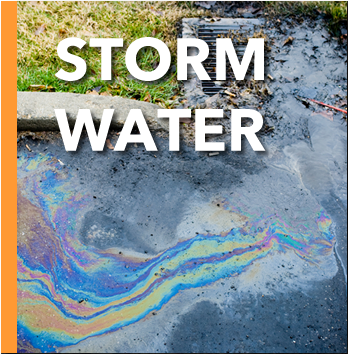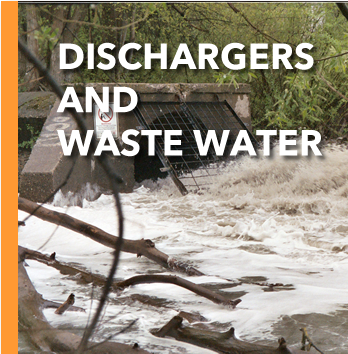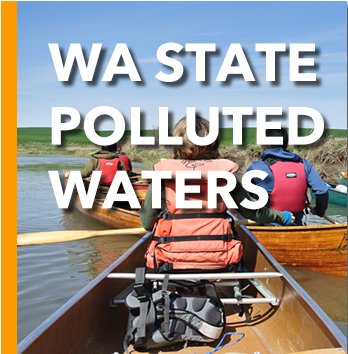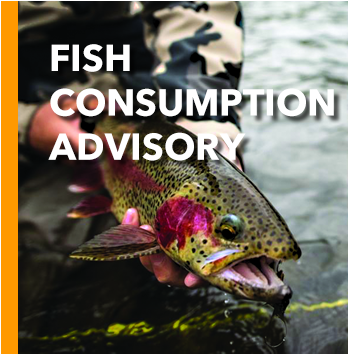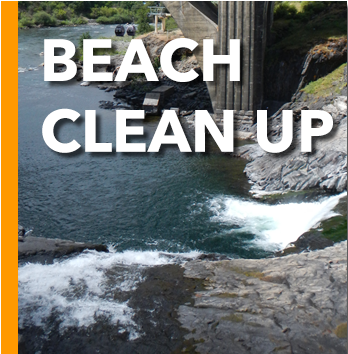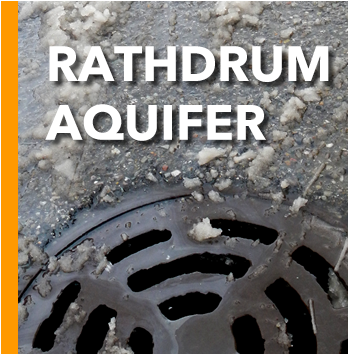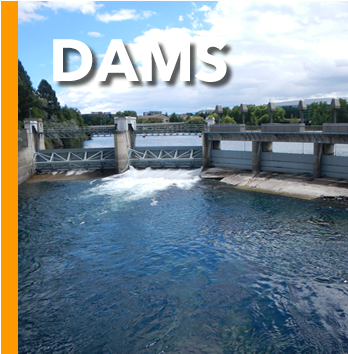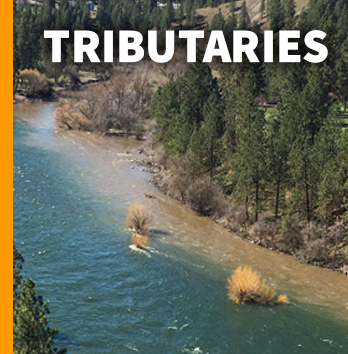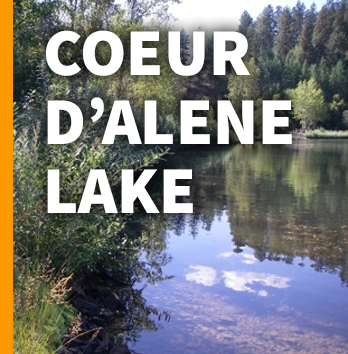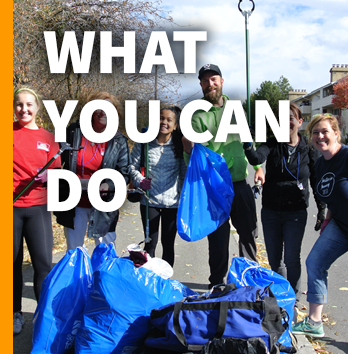Become a river advocate! Volunteer for the Spokane Riverkeeper here. We have lots of opportunities, from volunteer water quality sampling to river cleanups. Please join us!
Other steps you can take include:
Avoid purchasing brightly pigmented products that contain PCBs. Purchase dye-free products whenever possible. PCBs are associated with pigments, especially some yellows, greens, and blues. A document that lists these products can be found here. (http://srrttf.org/wp-content/uploads/2015/03/Revised-Prduct-Testing-Report-7-21-15.pdf)
Never dump anything into storm drains. Do not flush or dump oils, pesticides, paints, solvents, or other chemicals into the storm drain. Check the Spokane EnviroStars Waste Directory to learn how and where to dispose of them properly. Remember: only clean rain down the drain! Learn about your neighborhood’s stormwater system – where does it drain to?
Use all-natural products with the least amount of chemical ingredients. Read labels. Some consumer products such as sunscreen, dish soap, hand soap, and others contain PCBs.
When purchasing pesticides, motor oils, and paints, ask the seller if the product has been tested for PCBs. They may not know the answer, but you will be helping to raise public awareness of the issue.
Install a storm garden or rain garden on your property. Remove impervious surfaces that you don’t need. Support your City’s efforts to treat stormwater.
Your transportation choices make a huge difference to water quality. Ride a bike, carpool, and take public transportation. If you must drive – make sure your car does not leak oil or other fluids.
Use a commercial car wash. It’s much better to wash your car at a commercial car wash than at home. At a commercial car wash, the water containing soaps and dirt is recycled, and treated at the wastewater treatment facility.
Maintain your septic system. Make sure it’s working correctly. Your septic system is designed to treat human waste – not chemicals. Dispose of chemicals at a household hazardous waste collection facility. Here’s some information for Spokane County residents. [link]
Always recycle used oil and antifreeze, and dispose of household hazardous wastes properly at a regional disposal site/strong. Household hazardous waste includes paints, solvents, used oil, antifreeze, batteries, pesticides and fluorescent bulbs. Disposal locations are here. (https://www.spokanecounty.org/2013/Regional-Disposal-Locations-Hours-Fees)
Report pollution! If you see a pollution incident, take notes and photos. Report the pollution by calling (509) 625-7900. Take photos, and prepare to describe the location of the incident.
Landscaping choices are important. Don’t waste water! If you must use chemicals on your lawn, apply them precisely. Think about planting native plants – many natives require less water and maintenance than ornamentals.
Be a responsible pet owner. Always clean up after your pet!
Be aware of fish consumption advisories on the Spokane River. Eating lean cuts of meat and low-fat dairy products also may help reduce your exposure to the low levels of PCBs that can be found in animal fats.
Talk to your neighbors. If you see them engaging in activities that result in water pollution, educate them.
This project is supported by funds from the Washington State Department of Ecology.

